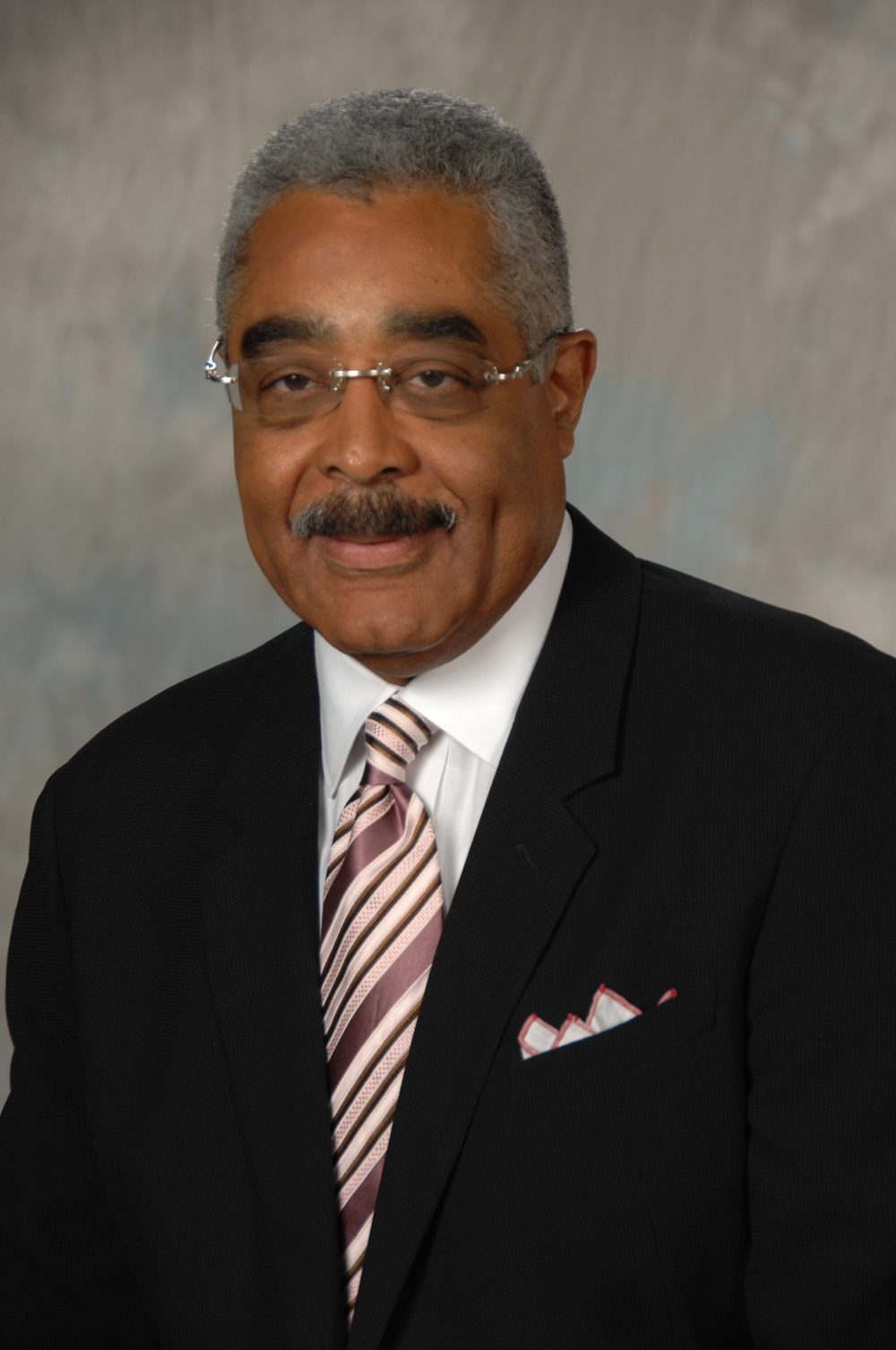AARP Hearing Center

AARP CEO A. Barry Rand called for renewed focus on strengthening Social Security, Medicare and Medicaid in a Jan. 15 speech at the National Press Club. Rand discussed findings from AARP Public Policy Institute’s newly released “Middle Class Security Project,” which studies how middle class working Americans struggle – and often fail – to build and maintain retirement security.
“Unless we are able to reverse the trends that are driving the decline of the middle class, many of today’s middle class workers will not have a middle class retirement,” Rand said. He noted that the research highlights trends that will threaten the health and financial security of people now in their 30s, 40s and 50s when they are ready to retire.
Emphasizing the critical role Social Security, Medicare and Medicaid play in the retirement security of current and future generations of retirees, as well as their families, Rand said, “Yes, we do need to make adjustments to Medicare and Social Security and Medicaid – and AARP members realize that – but we need to do so without compromising the health and retirement security of the American people or undermining the values that we all cherish.”
Speaking specifically about the future of Social Security, Rand said we must address it as “a separate process with a goal of strengthening it to help people achieve a secure retirement, not to reduce the budget deficit.” He added, “AARP is ready to have that discussion right now.” And he reiterated AARP’s opposition to the Chained CPI proposal, which would reduce a person’s benefits over time, calling it “one of the worst” alternatives.
Rand also restated the Association’s opposition to proposals that would increase the eligibility age for Medicare, calling the idea “pure folly” as it merely shifts costs and does nothing to rein in escalating health care spending. Instead, he suggested reforms that both improve the quality of care and contain cost growth throughout the health care system, including in Medicare and Medicaid, through payment innovations, measures to lower drug costs, integrated care programs and continuing efforts to reduce waste and fraud.
Rand’s address builds on the year-long “Middle Class Security Project” by AARP Public Policy Institute, a major initiative that has focused on the well-being of America’s middle class and their prospects for a financially secure retirement. Summaries of four of the key research papers included in the project follow.
“The Effects of Rising Health Care Costs on Middle Class Economic Security”
A key finding – contained in a report on the “The Effects of Rising Health Care Costs on Middle Class Economic Security” – is that middle class households have continued to be staggered by rising health care costs that have wide-ranging and negative direct and indirect effects.
The study, conducted for AARP by Harriet Komisar of Georgetown University, shows that over the past decade, the share of household budgets consumed by health care expenses increased by 51 percent – nearly double the growth in household average income (30 percent) and more than three times the rate of growth for all other spending on products and services.
“For both working-age and retirement-age middle class households, rising health care expenses are taking up a growing share of financial resources, leaving less for other priorities,” the analysis says.
“In the Red: Older Americans and Credit Card Debt”
Another important report looks at middle and low income use of credit cards, the high-interest “plastic safety net” that many Americans depend on to get through hard times.
One surprising finding: for low and middle income households carrying credit card debt for three months or more, those aged 50 and over had an average combined balance substantially higher ($8,278) in 2012 than for the under-50 population ($6,258).
The report – a nationally-representative sample of nearly 1,000 households – says that half of older
Americans carry medical expenses on their credit cards, with an average of $893, compared with
$746 among younger households.
The survey, conducted for AARP by Amy Traub of Demos, says in both age groups “about one third of indebted households reported that they decided to forgo a medical test or treatment, and 35 percent said that they skipped or postponed filling a prescription in an effort to reduce medical costs.”
“Tracking the Decline: Middle Class Security in the 2000s”
Another report establishes a “Middle Class Tracking Index” for middle income Americans (aged 25 to 64) by establishing specific measurements that focus on factors such as financial assets, year-end household financial balances, health insurance coverage, income spent on housing, and household income as a percent of poverty.
From 2004 to 2010, including the Great Recession years, the report categorizes households as “secure,” “vulnerable” or “in between.”
A major conclusion: among (working age) middle income households, the proportion listed as “secure” decreased by 38 percent from 2004 to 2010; the proportion that was “vulnerable” increased by an even-greater 42 percent.
This report was drafted by AARP in cooperation with Brandeis University and Demos.
“Building Lifetime Middle Class Security”
In this paper, AARP’s Donald Redfoot, Susan Reinhard and Debra Whitman summarize the overall findings of the “Middle Class Security Project” and offer policy recommendations for health care, retirement income, and consumer issues.
“Building Lifetime Middle Class Security” identifies three major themes from the project: middle class security is under attack from all sides; a secure middle class retirement takes a lifetime to build; and a threat to one generation undermines security for all.
It finds that the continuation of current economic trends points to a decline in living standards for future retirees, and concludes that policymakers, businesses and Americans of all ages must take action to rebuild and restore the prosperity of the middle class.
Read the full text of the research reports and view Rand's speech and additional comments offered by Nancy LeaMond, AARP Executive Vice President, State and National Group and Debra Whitman, AARP Executive Vice President, Policy, Strategy and International Affairs.































































